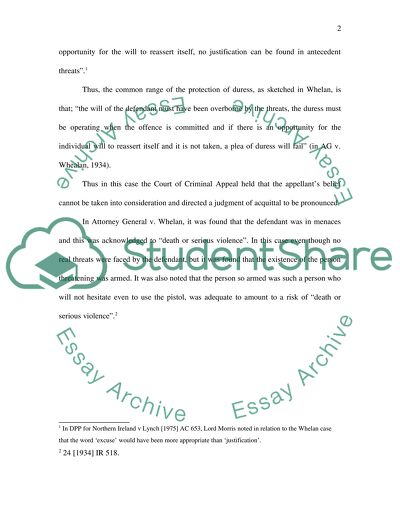Cite this document
(Business Law Specifically The Case of Attorney General v. Whelan and Study - 8, n.d.)
Business Law Specifically The Case of Attorney General v. Whelan and Study - 8. Retrieved from https://studentshare.org/law/1563804-business-law
Business Law Specifically The Case of Attorney General v. Whelan and Study - 8. Retrieved from https://studentshare.org/law/1563804-business-law
(Business Law Specifically The Case of Attorney General V. Whelan and Study - 8)
Business Law Specifically The Case of Attorney General V. Whelan and Study - 8. https://studentshare.org/law/1563804-business-law.
Business Law Specifically The Case of Attorney General V. Whelan and Study - 8. https://studentshare.org/law/1563804-business-law.
“Business Law Specifically The Case of Attorney General V. Whelan and Study - 8”. https://studentshare.org/law/1563804-business-law.


